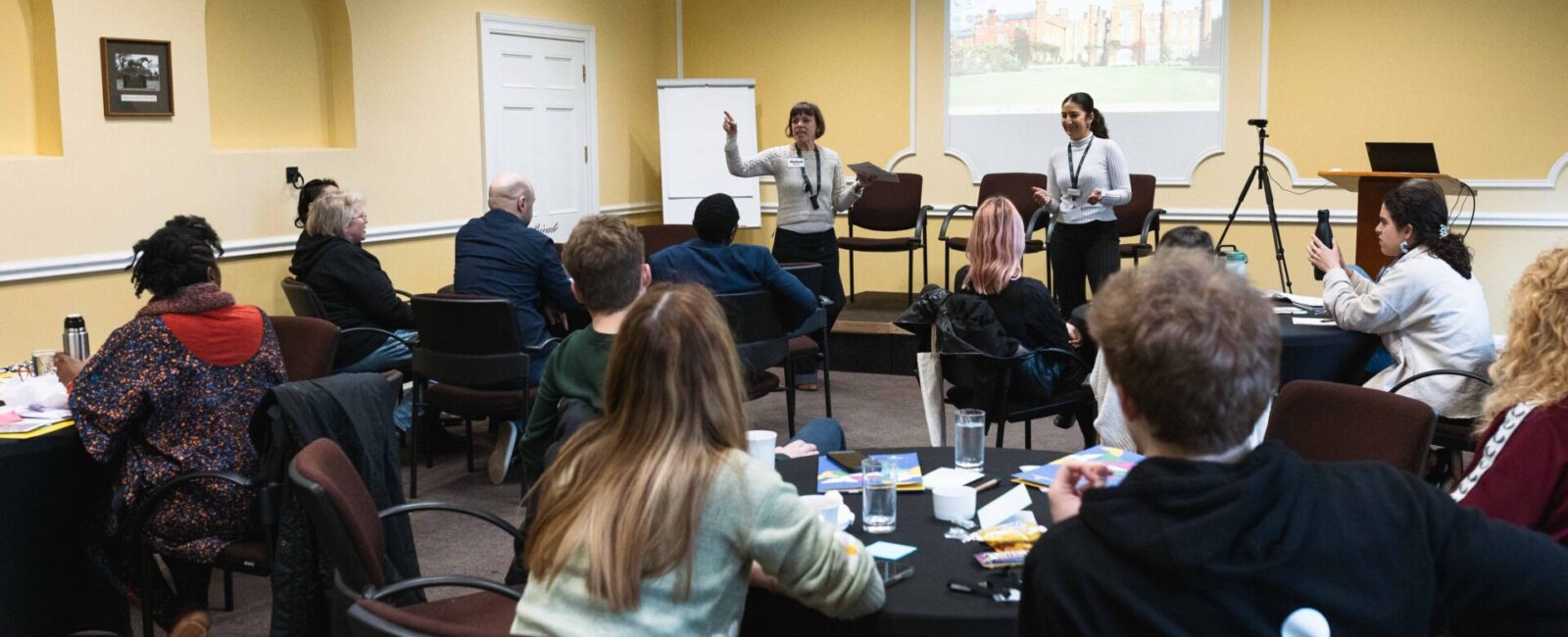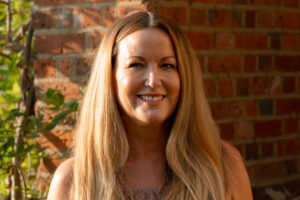The evocative title of this piece was used in an expression by a leading UK fact-checking organisation, and encapsulates the essence of a transformative two-day workshop at Cumberland Lodge on Dis/Mis-information that both I and the organisation had the privilege of attending.
In an era where information floods our screens with unprecedented speed, the ability to discern fact from fiction is becoming an essential skill. Mis- and disinformation pose significant challenges, particularly for young people who are often the primary consumers of online content.
Recognising the urgency of addressing this issue, the workshop focused on equipping young minds with the tools to combat mis- and disinformation effectively. As part of its recently launched Youth & Democracy project, Cumberland Lodge is collaborating with leading experts, educators, and youth advocates to develop innovative initiatives aimed at fostering media literacy, civic engagement, and critical thinking skills among young people.
As always, the serene setting of the Lodge within Windsor Great Park provided the ideal space for deep reflection and meaningful discourse. The first session began with an insightful post-dinner presentation by a leading researcher and lecturer in communication and media. Lively discussions were sparked around “prebunking” and “debunking” and how we can help young people to develop their ability to think more deeply and critically about the news that they consume, using a suite of digital tools. This laid the groundwork for what would be a thought-provoking exploration of the topic over the next couple of days.
Throughout the workshops that followed, we engaged in a variety of interactive sessions designed to deepen our understanding of mis-, dis-, and mal-information. From dissecting manipulation techniques to analysing the ambiguous language of news headlines, misleading claims and conspiracy theories, each activity challenged us to scrutinise information through a discerning lens. By actively and collaboratively analysing and evaluating sources in a critical manner, we honed our ability to distinguish between reliable information and propaganda.
We explored how we might integrate media literacy into school curricula through role play, recognising that early intervention is key to cultivating informed students who can resist the allure of deceptive narratives. A panel discussion featuring young people highlighted the relationship that young people have with social media. Exploring their experiences, emotions, and perceptions surrounding digital platforms, the panel provided us with a nuanced understanding of the pros and cons they encounter daily. From fostering connectivity and self-expression to grappling with the pressures of comparison and alienation, the conversation illuminated the multifaceted impact of social media on youth. We further delved into the strategies young individuals employ to discern truth from falsehood in an online landscape fraught with misinformation. Their insights provided invaluable perspectives on the evolving dynamics of digital literacy and the critical role of young voices in shaping strategies to negotiate the workings of the digital age.
The workshops also highlighted the broader societal implications of mis- and disinformation, underscoring their potential to erode trust in institutions and exacerbate social divisions.
As the two-day event drew to a close, I left Cumberland Lodge with a toolkit of strategies to contest mis- and disinformation in my own community. The insights I gained will undoubtedly shape my approach to information consumption and dissemination in the age of digital advancement.
If you would like to read more about the workshop, Cumberland Lodge Fellow Mattia Emma also wrote a blog on his experience at the workshop. Read his blog here.


